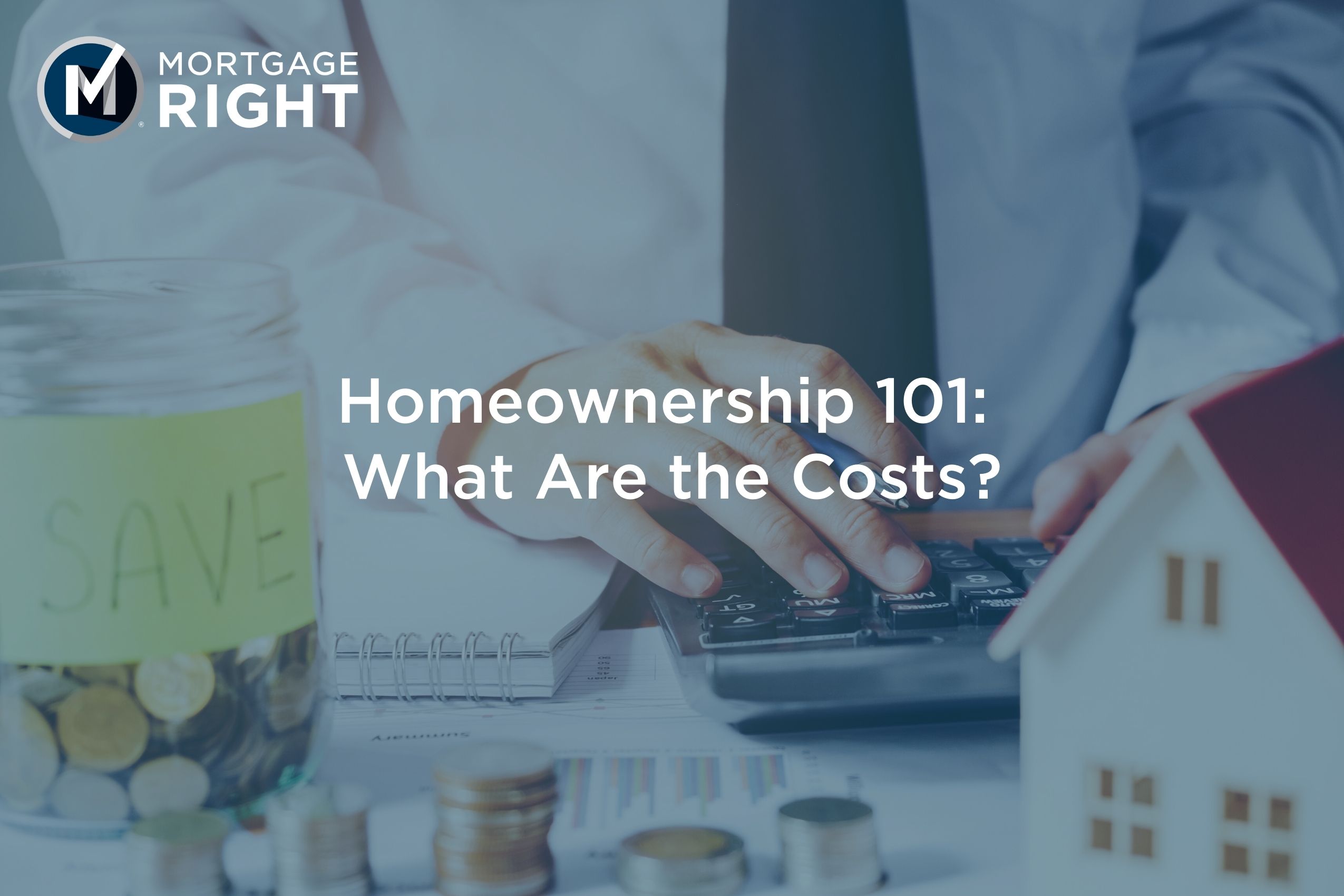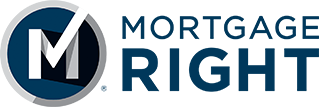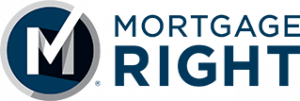
When faced with consistently rising rent prices and the desire to build wealth, homeownership is one of the most beneficial money moves you can make in your lifetime. But that doesn’t mean it comes without its costs.
To avoid any surprise expenses after buying and moving into your new home, future homeowners need to understand all the costs of homeownership before signing any dotted lines.
Let’s take a look at the most common costs of owning a home so you can enter homeownership financially prepared.
Upfront Costs
Down Payment
The most widely mentioned homeownership expenses are the out-of-pocket amounts you will need to close on your home. Typically, these upfront costs consist of your down payment and other closing costs.
Down payments vary in amount, but they are often between 3% and 20% of a home’s price. Some government-backed loan programs, such as VA and USDA, require zero down payment; however, if you don’t qualify for a zero-down-payment loan, it will be in your best interest to save up a decent amount of money to be able to purchase your home.
Closing Costs
Closing costs are fees that you acquire throughout the home-buying process. Closing costs consist of lender fees, taxes, insurance, title search fees, etc. They are typically between 3% and 6% of a home’s purchase price.
Monthly Mortgage Costs
Property Taxes
When you get a mortgage, property taxes might be included in your monthly mortgage payment, which would allow your lender to hold the funds in an escrow account and pay them on your behalf.
The U.S. Bureau of Labor Statistics’ Consumer Expenditures Survey (CES) estimates homeowners paid an average of $3,370 in property taxes in 2019.
Insurance
Homeownership will likely also come with an insurance cost added to your monthly mortgage payment:
- General Home Insurance – covers loss and damage to your house, as well as the assets inside your home if a damaging event occurs and would be used to restore your home to its original value.
- PMI – Private mortgage insurance is a cost only applicable to conventional (or non-government-backed) loans. PMI is an “assurance fee” typically applied to monthly payments if a borrower cannot put 20% or more down on the home they purchase. PMI acts as a buffer for lenders when the risk of default is on the table while making homeownership possible for borrowers who can only put a small percentage down on the home they want.
- MIP – A mortgage insurance premium is much like PMI, but it only applies to government-backed (FHA) loans, and it is required no matter your down-payment amount. This mortgage insurance consists of an annual MIP and UFMIP (upfront mortgage insurance premium).
Day-To-Day Costs
Once you’ve closed on your home and moved in, there are other living costs to consider aside from the expected monthly mortgage expenses.
Utilities
An umbrella term familiar to any new homeowner who was first a renter, utilities consist of all electricity, fuels, and services needed to keep your home livable.
The 2020 Consumer Expenditures Survey (CES) supports the idea that utilities can make up a sizable chunk of monthly expenditure when they state that the average homeowner spent around $4,150 on utilities, or about $350 a month.
But don’t let these numbers scare you. Utility costs can vary depending on your location, the size and features of your house, and how much you use them overall.
Homeowners Association (HOA) Fees
Nowadays, many communities have a homeowners association that you will likely have to join, which means you will need to pay a monthly fee to that association.
HOA fees generally pay for the following services shared by neighbors or community members:
- repair of shared community buildings
- neighborhood walkways or roads
- upkeep of common areas
- landscaping or weather-related services (such as lawn care or snow removal).
Monthly HOA fees are often $200 – $300, but the exact cost is dependent on the extent of shared spaces and services your community offers. The fewer community spaces and services available, the lower your HOA fee will tend to be.
In some cases, HOAs will ask you to pay a special assessment if an unforeseen emergency expense arises and they don’t have funds set aside to cover the cost. If this occurs, your HOA will request the special assessment fee in addition to your typical monthly HOA fees.
If you’re considering moving into a neighborhood with an HOA, make sure you understand the regular dues (and special assessments) you’ll have to pay.
Internal Upkeep: Maintenance
Homeownership comes with the responsibility to fix things that need fixin’. This is where maintenance costs come in. If some part of your home needs to be replaced, cleaned, or otherwise serviced, you will need to have the money (and time) set aside to get things working as they should.
According to a 2021 index from Thumbtack, a home services organization, the average homeowner should “budget $4,886 for a single-family home—up about $450 from last year, in part due to labor and material shortages.”
The above price estimate may seem daunting to new homebuyers, but be aware that this estimate is a result of the past few years of unique, global circumstances. As things continue to fall back into normalcy, so should maintenance expenses.
Here are the most common repairs and maintenance services homeowners need:
- water damage
- roof issue
- HVAC care
- plumbing problems
- pest removal
If you want to be as prepared as possible to cover these costs if they arise, a good rule of thumb is to save 1% of your home’s value each year.
Renovation Costs
Renovation costs are also something new homeowners should consider. However, they are not a definite expense. If you feel the need to make aesthetic additions to your home in the form of painting, rearranging, or upgrading, be sure to set aside enough funds for your home makeover to go smoothly.
Though renovation is not a requirement, it can be a great investment, as many of these projects can help boost your home’s value. MortgageRight also has an awesome Renovation Loan Program to help you fund any renovations you might want to undertake.
Financial Preparedness Is The RIGHT Way To Approach Homeownership
Homeownership is rewarding, but it’s not something you should jump into unprepared. If you need more help navigating the ins and outs of homeownership expenses, or you’re ready to put your money where your mouth is, contact us here, and we’ll get you started!






